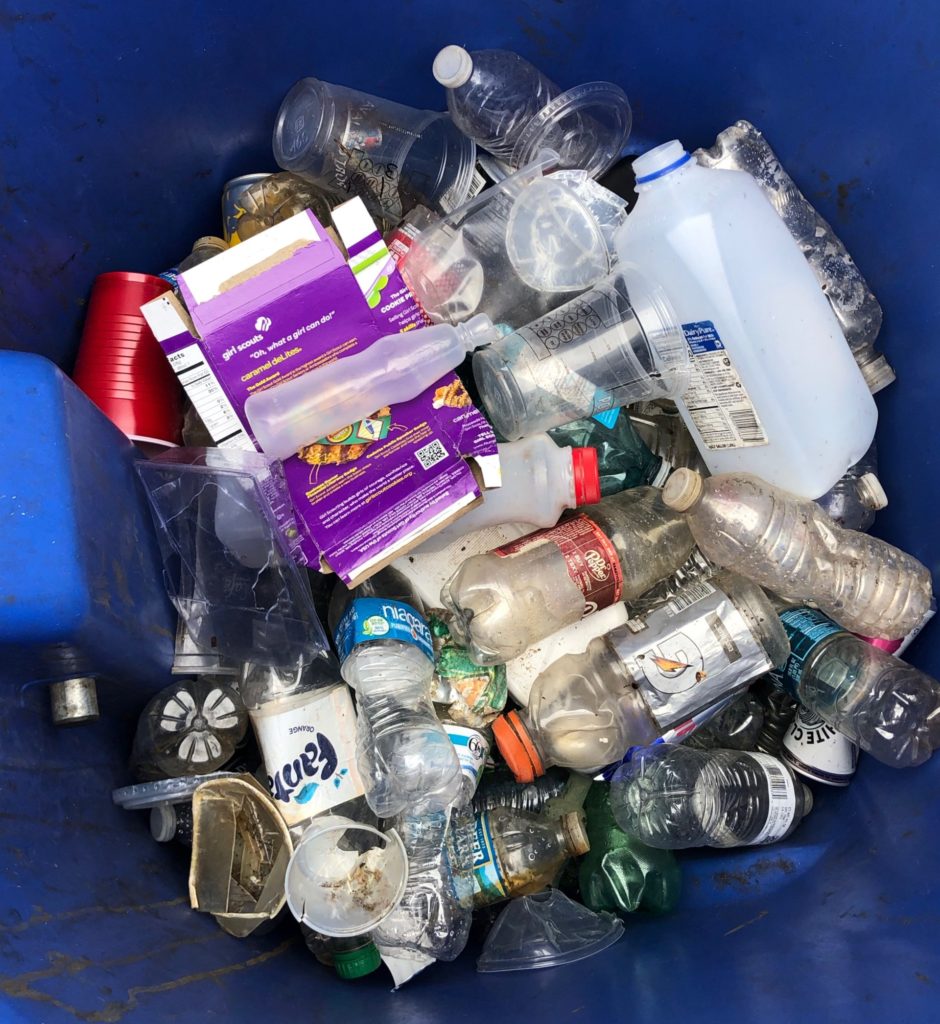As we enter the next decade, it has become increasingly clear that we must bring a hasty end to the Plastic Age. Though plastic has enabled us to make economic and technological progress, its impact on the natural world has been devastating. Over the course of its 100-plus-year existence, plastics have invaded nearly every crevice of the planet, breaking down into dangerous microscopic particles. Our oceans are perhaps the most affected, as over 100 million tons of plastic enter our coastal waters each year, killing coral reefs, marine mammals and fish. To save our Earth, it is imperative that we tackle the plastic problem head-on. While it may seem like an impossible task, there are many simple ways that we can #kickplastic!
- Buy reusable water bottles
- It may be easy to grab a plastic water bottle and go, but the impact that one bottle can have on the planet is surprisingly great. Unfortunately, very few plastic bottles are actually recycled (check out BTT Youth Ambassador Stevie Kim-Rubell’s article for more info), and often find their way into the ocean. Switching to a reusable metal water bottle, like those sold by our friends at YETI, can dramatically reduce your plastic footprint.
- Make your laundry ocean-friendly
- Many of the clothes we wear when fishing are made of synthetic fibers that tend to shed microplastic fibers when washed. These microplastics can often evade filtration at water-treatment plants, and eventually are carried into our waterways and oceans. You can help by washing fishing apparel in special bags, like Guppyfriend, then properly disposing of the bag when finished. And when not on the water, consider wearing clothing that’s free of polyester and acrylic.
- Pack lunch sustainably
- When packing for a day out on the flats, plastic baggies seem like the obvious choice for sandwiches and snacks. Unfortunately, items like these are often single-use and end up in the garbage. Try using a non-plastic reusable food container or reusable silicone sandwich bags. Also avoid any single-use plastics including utensils and straws.
- Shop in bulk
- Many of us have gawked at the large boxes of cereal or massive jars of peanut butter at bulk grocery stores, but shopping for these bigger portions in lieu of purchasing many small boxes (often containing a plastic baggie) over time is actually much healthier for the environment. If you’re looking for a way to store these items long-term, check out glass food storage containers to keep your snacks from getting stale!
- Opt for bar soap
- Most body wash bottles are made of plastics that are unable to be recycled, and consequently end up in landfills. Switching to bar soap (and even bar shampoos) is an easy method of reducing your plastic footprint.




